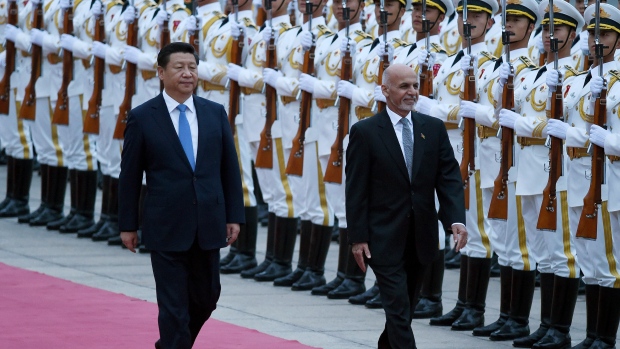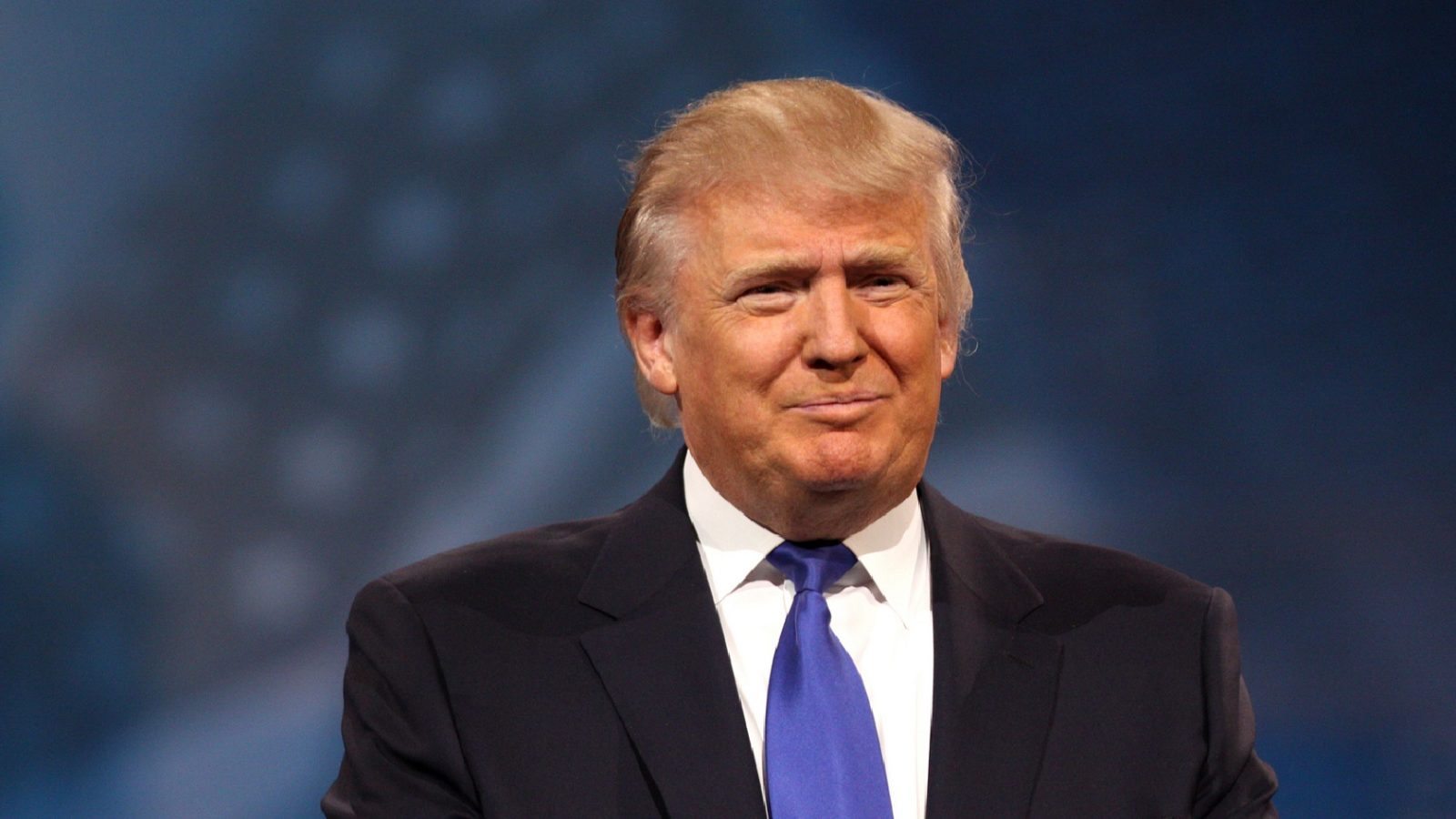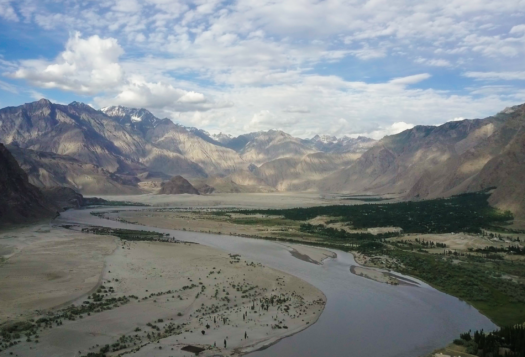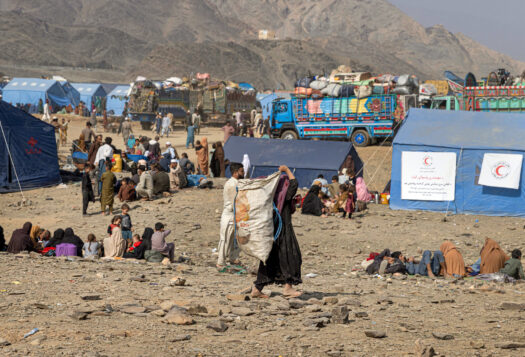
Since Xi Jinping assumed office in 2013, China has started to flex its muscles regionally and internationally more than ever before. Prior to this, China was following its principle of non-intervention with regard to the internal affairs of sovereign states. But recent shifts indicate a sharp turn in Chinese foreign policy. The latest sign of a modified policy is Beijing’s mediation in the Afghan Government’s talks with the Taliban. Last year, the framework of talks was set when a two-member Taliban delegation visited China; a visit not publicly acknowledged by Taliban or Chinese officials. However, now the Chinese foreign ministry has openly announced it will host the soon-to-be-held second round of talks with the Taliban.
The question is, “what made China enter the Afghan political maze, despite the presence of the United States?” The simplest answer is the threat that China faces from regional terrorist outfits operating in the northern belt of Pakistan and in Afghanistan. China believes that Uighur militants received training in Afghanistan and Pakistan and then carried out attacks in parts of the country, killing hundreds of people. China also claims that the Xinjiang unrest is the result of Uighur militants and that they are also causing unrest in other areas too. Earlier this year, Afghan Security officials arrested at least 15 Uighur militants from Kabul and Kunar province which borders Pakistan. The militants, who were also in contact with al Qaeda, were eventually handed over to China.
China sees itself as a major player after the U.S. political retreat from Afghanistan. The more U.S. and Western economic endeavors in Afghanistan shrink, the more China makes inroads. It has pledged $327 million to the Afghan government through 2017, is providing training to Afghan Police, and is considering funding for non-lethal security equipment. The United States has welcomed Chinese political and security steering in Afghanistan. Although Washington and Beijing have a divergence of interests in the region and in the global arena, Afghanistan seems to be an exception.
In December last year, representatives of China, Afghanistan, and the United States met in London to address issues concerning the restoration of peace in Afghanistan. This was the first such instance in which these three parties met to discuss this particular matter.
Beijing is coming closer to Kabul and this was notable in Afghan President Ashraf Ghani’s choice to visit China in his first official trip early this year. Moreover, the Chinese inclination to restore the stalled efforts to engage the Taliban in peace talks signals that Beijing is taking a greater interest than before and considers Afghanistan as an extended part of its sphere of influence.
China is well aware of the significance of Pakistan in solving the Afghanistan issue. A Chinese foreign office spokesperson recently lauded Pakistan’s role in the talks and said China hopes that those involved would continue to make efforts to ensure peace in Afghanistan. Pakistan hosted the initial round of talks between the Afghan Government and the Taliban, who have been fighting since 2001 to restore their hardcore Islamist regime. Some in Afghanistan blame Pakistan for maintaining ties with Taliban leaders. They also claim that the Taliban carry out repeated attacks on the Afghan security apparatus because Pakistan provides them with technical and logistical resources. Earlier this month, attacks in Afghanistan, which killed dozens of people, were also seen in that prism and observers suggest the attacks could endanger the peace negotiations. However, Pakistan refutes such accusations and instead calls for a peaceful resolution of Afghan disputes. The Pakistani security establishment and political elite, want an “Afghan Led, Afghan Owned” reconciliation process.
Given the regional strategic environment and changing policies, Chinese interests have become more expansive and optimistic. The political and military leadership has called for the need to pursue national interests even beyond borders. Beijing perceives itself as having an enhanced role in the world and, for example, has contributed to UN peacekeeping operations in South Sudan. Afghanistan is a complex enigma into which China has now leaped politically and economically, though not militarily.
Afghan history holds lessons for all regional and extra-regional countries. Afghanistan is home to a number of tribes and sub-tribes and a complex tribal system. Moreover, there are also several political actors and satisfying all of them simultaneously is nearly impossible. Since Afghanistan became the site of an experiment of Cold War politics, a unified government in Kabul has not been in place despite efforts by Russia, the United States, and Pakistan. Chinese efforts to mediate are of interest because China has not signaled any military objectives in Afghanistan. Bringing the Taliban back to power would not be acceptable to many in the region and discounting them from the political setup is equally unmanageable. Therefore, a huge task lies ahead and only time will tell what Beijing’s mediation can produce.
***
Image: Wang Zhao-AFP, Getty


